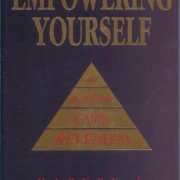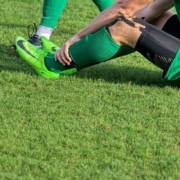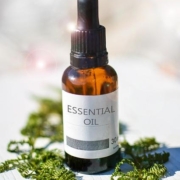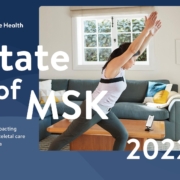Dance Your Way to Better MSK Health: The Joy of Movement
Do you love to move to music? Dancing can be a fun and effective way to improve your musculoskeletal (MSK) health! MSK health refers to the health of your muscles, bones, joints, tendons, and ligaments – everything that allows you to move freely and easily.
Why is Dance Good for MSK Health?
Dancing offers a unique combination of benefits:
Strengthens Muscles: Different dance styles challenge various muscle groups, improving strength and endurance.
Boosts Bone Health: Weight-bearing activities like dancing help increase bone density, reducing the risk of osteoporosis.
Increases Flexibility and Range of Motion: Dance movements encourage stretching and flexibility, keeping your joints mobile.
Improves Balance and Coordination: Dancing requires coordination and balance, which are crucial for preventing falls and injuries.
Finding Your Dance Style
The best part? You don’t need to be a professional dancer to reap the benefits! Here are a few dance styles to consider:
Low-Impact Options: If you’re new to exercise or have joint pain, start with low-impact styles like:
Ballroom dancing: Waltz, foxtrot, and rumba offer a gentle way to improve posture and coordination.
Line dancing: Fun and social, line dancing improves cardiovascular health and coordination.
Tai chi or Qigong: These ancient practices combine slow, flowing movements with mindfulness, promoting balance and flexibility.
Higher-Impact Choices: For those seeking a more vigorous workout:
Zumba: This high-energy Latin dance fitness program is a fantastic cardio and muscle-strengthening workout.
Hip-hop: Fun and energetic, hip-hop improves coordination and strengthens core muscles.
Salsa, swing, or jazz: These styles offer a great cardio workout while improving rhythm and coordination.
Tips for Safe Dancing
Follow these tips to stay safe and prevent injuries:
Warm-up: Always start with 5-10 minutes of light cardio and stretching to prepare your muscles.
Progress Gradually: Don’t overdo it, especially when starting. Gradually increase the duration and intensity of your dance sessions.
Use Proper Technique: Pay attention to your form and alignment to avoid strain. Consider taking classes from a qualified instructor.
Listen to Your Body: Rest when you need it and don’t push through pain.
Stay Hydrated: Drink plenty of water before, during, and after dancing, especially in warm environments.
Wear Supportive Footwear: Choose shoes that provide good support and cushioning for your feet and ankles.
Dance Your Way to a Healthier You
Incorporating dance into your routine can be a fun and rewarding way to improve your MSK health. Whether you prefer graceful waltzes or energetic hip-hop moves, there’s a dance style out there for everyone. So put on some music, find your rhythm, and dance your way to a healthier, happier you!
Looking for more information on MSK health? Visit the MSK Conditions A to Z for additional resources and expert advice.








